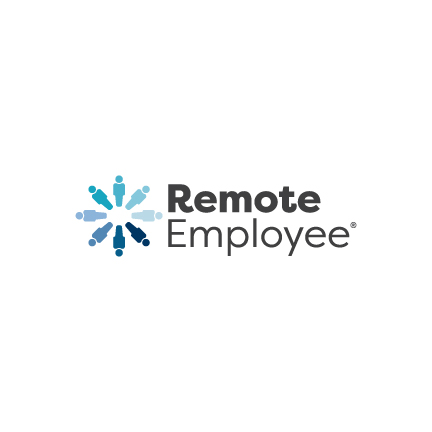How you can manage remote employees more effectively

With the rise of remote work arrangements, it is crucial to understand the principles that underpin successful remote team management.
Managing remote employees presents unique challenges for supervisors and team leaders. Especially today, where reports revealed a 30% decrease in engagement in remote workers.
With the right principles and strategies, everyone can overcome these obstacles and create a productive and engaged remote workforce.
Remote Employee explores the six essential principles of managing remote employees.
Challenges in managing remote employees
Remote employee management needs a lot of adjustments and compromises between staff and leaders.
Below are the common drawbacks of having remote workers:
- Effective collaboration. Without face-to-face interactions, miscommunication and isolation can hinder productivity and teamwork.
- Building trust. Trust is the foundation of successful remote management. However, some managers find building trust among remote employees challenging, citing accountability and productivity issues.
- Employee autonomy. Monitoring remote employees’ performance without micromanaging is another challenge. As a result, employers resort to too many meetings, checkups, and other measures that make their teams lose autonomy.
- Employee engagement. Building a sense of community can be more challenging when employees are geographically dispersed. This could create disengaged employees, which further affects motivation at work.
- Technology and infrastructure. Not everyone can shell out the same equipment, optimal connection, and other requirements in remote work. In this case, employers must provide the proper tools and connectivity to support the setup.

6 principles of managing remote employees
Whether you are dealing with local or offshore remote teams, there’s a simple way to make your setup effective for your organization. This is by following a set of principles in managing remote employees.
- Set clear expectations
Set clear goals and expectations to provide remote employees with a sense of direction. Define measurable objectives and communicate them effectively to ensure everyone understands their roles and responsibilities.
- Schedule check-ins
One of the outsourcing industry’s best practices in managing their teams involves regular check-ins and catchups with their teams.
Schedule regular check-ins to provide feedback, address concerns, and offer support. Use video calls to establish face-to-face connections and build rapport with remote team members.
- Arrange flexible schedules
When working remotely, embracing flexibility can increase productivity and job satisfaction. Allow employees to set their own schedules whenever possible, given that they can still do their tasks efficiently.
- Encourage collaboration and sharing
Foster a collaborative environment by encouraging team members to share knowledge and best practices. Organize brainstorming sessions, project collaborations, and peer-to-peer learning through platforms like Google Workspace.
For instance, you can get your software development team to share some of their practices in developing certain features on your website.
- Organize team-building activities
If brainstorming sessions are not enough, organize virtual team-building activities to get teams closer to each other.
You can also organize face-to-face gatherings and have your team in a single space at least once in a while.
- Recognize achievements
Celebrate achievements and acknowledge the hard work of your remote employees. Publicly recognize outstanding performance, at least through tokens of appreciation, to boost motivation and morale.

How you can manage remote employees more effectively
Managing remote employees requires a different approach than traditional in-office management. Supervisors and team leaders can create a thriving remote workforce by following the six principles discussed and implementing effective strategies.
In addition to that, consider applying the following best practices to your work:
- Invest in reliable communication and project management tools
- Provide training and resources for remote employees to enhance their skills
- Establish clear guidelines for remote work policies and expectations
- Create opportunities for professional development and growth
Lastly, managing remote employees will be easier with an external partner on your side. Remote Employee possesses both quality remote workers and ample expertise in successfully monitoring your teams.
Visit their website if you’re looking for expert guidance and resources to enhance your remote team management. They provide valuable insights, tips, and tools to help you navigate remote work and optimize your team’s performance.







 Independent
Independent




